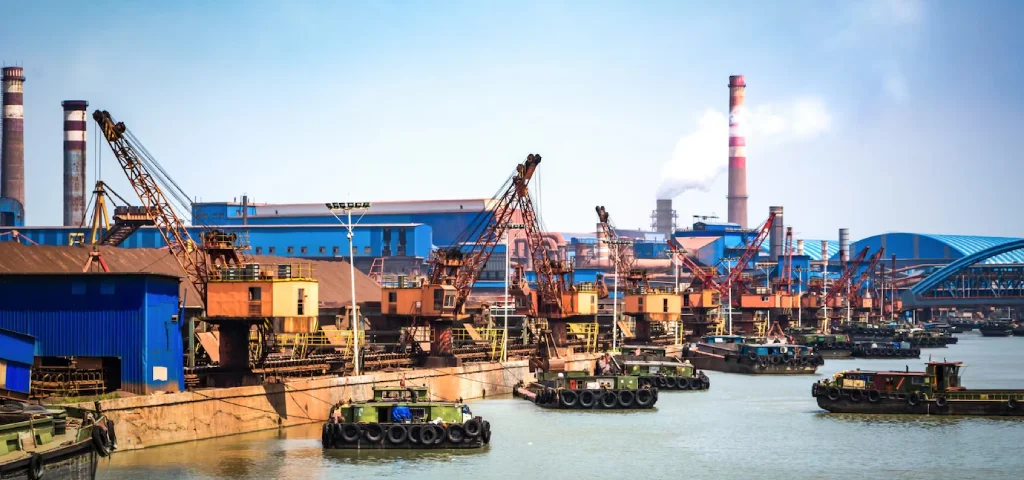The oil and gas industry has long been a cornerstone of global energy production, providing the essential resources that power economies and communities worldwide. However, with progress comes responsibility, and the industry’s social footprint has increasingly become a focal point for scrutiny. In this blog post, we will delve into the local community impact of the oil and gas sector, examining both the positive and negative aspects that shape its social footprint.
Positive Contributions:
1. Economic Growth and Job Creation:
One of the most significant positive impacts of the oil and gas industry is its contribution to economic growth and job creation in local communities. Exploration, drilling, and extraction operations provide employment opportunities for a diverse range of skilled and unskilled workers, bolstering local economies and fostering financial stability.
2. Infrastructure Development:
Oil and gas projects often necessitate the development of infrastructure such as roads, pipelines, and facilities. This not only improves connectivity within the community but also leaves a lasting legacy that can benefit various industries and residents.
3. Community Investment and Philanthropy:
Many oil and gas companies actively engage in community investment and philanthropy, channeling a portion of their profits back into the regions where they operate. This funding often supports education, healthcare, and environmental initiatives, creating a positive social impact that extends beyond the immediate confines of the industry.
Challenges and Negative Impacts:
1. Environmental Concerns:
The extraction and processing of fossil fuels pose significant environmental challenges, including air and water pollution, habitat destruction, and greenhouse gas emissions. These issues can directly impact local ecosystems and, consequently, the health and well-being of nearby communities.
2. Land Displacement and Disruption:
Oil and gas projects can require large swaths of land, leading to the displacement of local communities and disruption of traditional livelihoods. This can create social tensions, particularly in regions where the extraction activities encroach upon indigenous territories.
3. Boom-and-Bust Cycles:
The oil and gas industry is susceptible to economic fluctuations, leading to boom-and-bust cycles that can leave communities vulnerable. During periods of economic prosperity, communities may thrive, but downturns can result in job losses, economic decline, and strained social services.
Mitigation and Responsible Practices:
1. Environmental Stewardship:
To address environmental concerns, the oil and gas industry must prioritize sustainable and responsible practices. Investing in cleaner technologies, implementing stringent environmental regulations, and adopting best practices for resource extraction can help minimize the industry’s negative impact on the environment.
2. Community Engagement and Consultation:
Proactive community engagement and consultation are crucial for fostering positive relationships between the industry and local communities. Involving residents in decision-making processes, addressing their concerns, and transparently communicating the potential impacts of projects can build trust and mitigate social conflicts.
3. Diversification and Skills Development:
To mitigate the impact of economic downturns, both the industry and local governments should prioritize diversification efforts. Investing in skills development programs that empower local residents to participate in a broader range of industries can provide a buffer against the cyclical nature of the oil and gas sector.
Conclusion
The local community impact of the oil and gas industry is a nuanced and multifaceted issue. While the sector plays a crucial role in supporting economic growth and providing energy resources, it must navigate challenges associated with environmental impact, displacement, and economic volatility. By embracing responsible practices, engaging with local communities, and prioritizing sustainable development, the oil and gas industry can work towards minimizing its negative social footprint and fostering a more balanced and inclusive relationship with the communities it serves.






